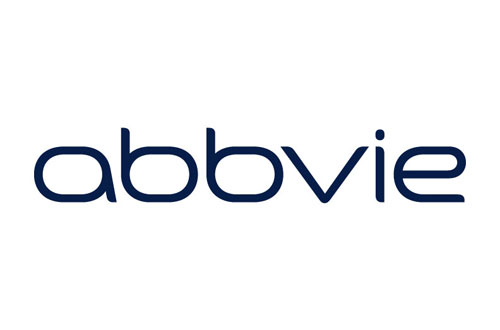
The FDA has approved AbbVie and Roche’s Venclexta, a first-in-class BCL-2 inhibitor that has been given the nod to treat a subgroup of chronic lymphocytic leukaemia (CLL) patients.
The US regulator cleared Venclexta (venetoclax) as a treatment for CLL patients who carry a mutation known as a 17p deletion and have been treated with at least one prior therapy after a review of just three months. AbbVie and Roche say they plan to start shipping the new product within the next week.
CLL is a slow-progressing cancer of the bone marrow and blood and is the most common leukaemia diagnosed in adults in western countries, with around 15,000 new cases a year in the US.
The 17p deletion – which results in the loss of a tumour suppressor gene – is found in around 10% of early CLL cases but upwards of 20% among patients with more advanced disease. A companion diagnostic developed by Abbott is already available to identify patients with the mutation.
The FDA approval is based on a clinical trial involving 106 previously-treated patients with 17p deletion-positive CLL who took Venclexta orally once-a-day in escalating doses. The results showed that 80% of trial participants experienced a complete or partial remission of their cancer.
Analysts have suggested that Venclexta could become a blockbuster product for Roche and AbbVie with sales in excess of $1.5bn a year, thanks in part to a price tag of around $110,000 for the first 12 months’ treatment but also other potential uses in non-Hodgkin’s lymphoma (NHL), acute myeloid leukaemia and multiple myeloma.
The two companies will co-market the new product in the US while AbbVie has sole marketing rights in other markets.
Venclexta will compete in the market with other new therapies for CLL, including Johnson & Johnson’s first-in-class BTK inhibitor Imbruvica (ibrutinib) and Gilead Sciences’ PI3 kinase inhibitor Zydelig (idelalisib), which is specifically indicated for use in 17p deletion-positive patients.
Both Imbruvica and Zydelig were approved for CLL in 2014 and have been tipped to become $1bn-plus products at peak. J&J reported $689m in Imbruvica sales in 2015, while Zydelig made $132m.
Meanwhile, Roche is already a player in the first-line CLL setting with Gazyva (obinutuzumab), which was approved in 2013.




